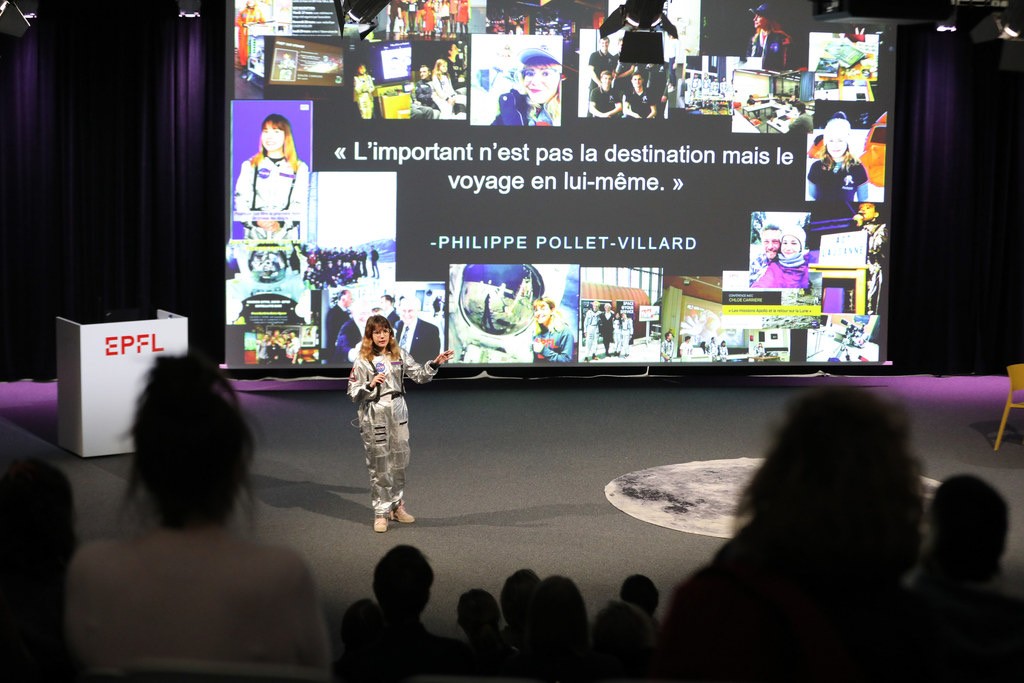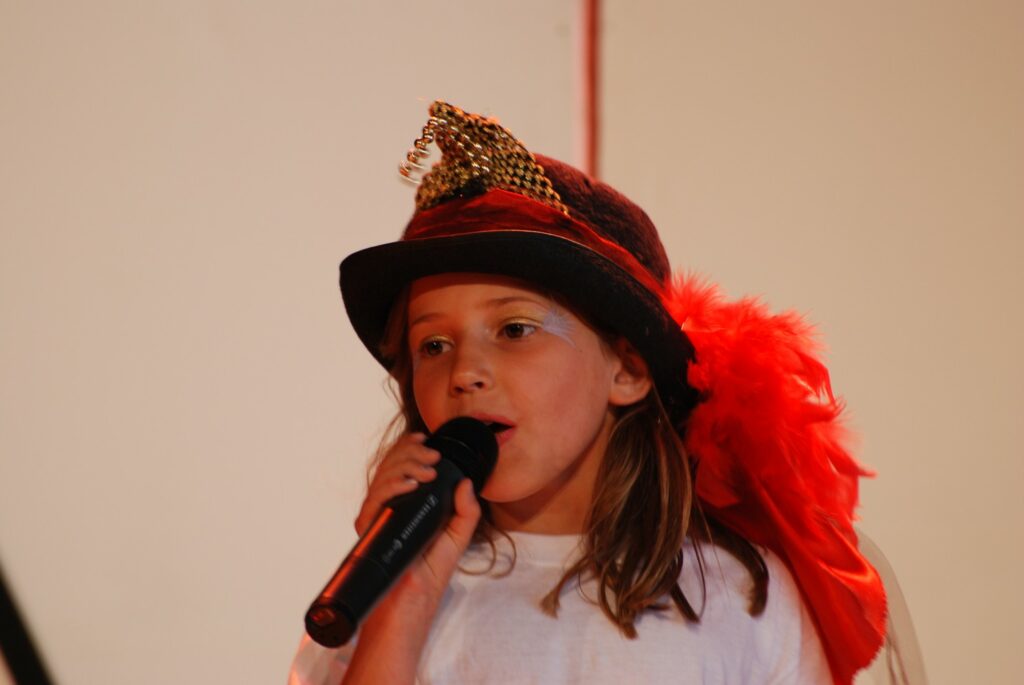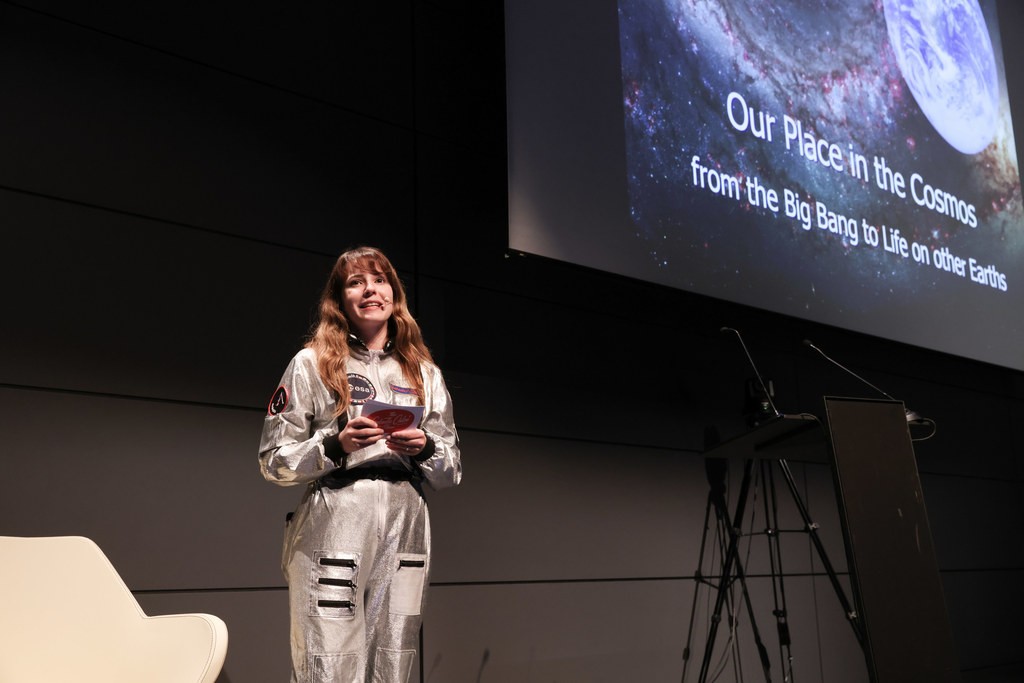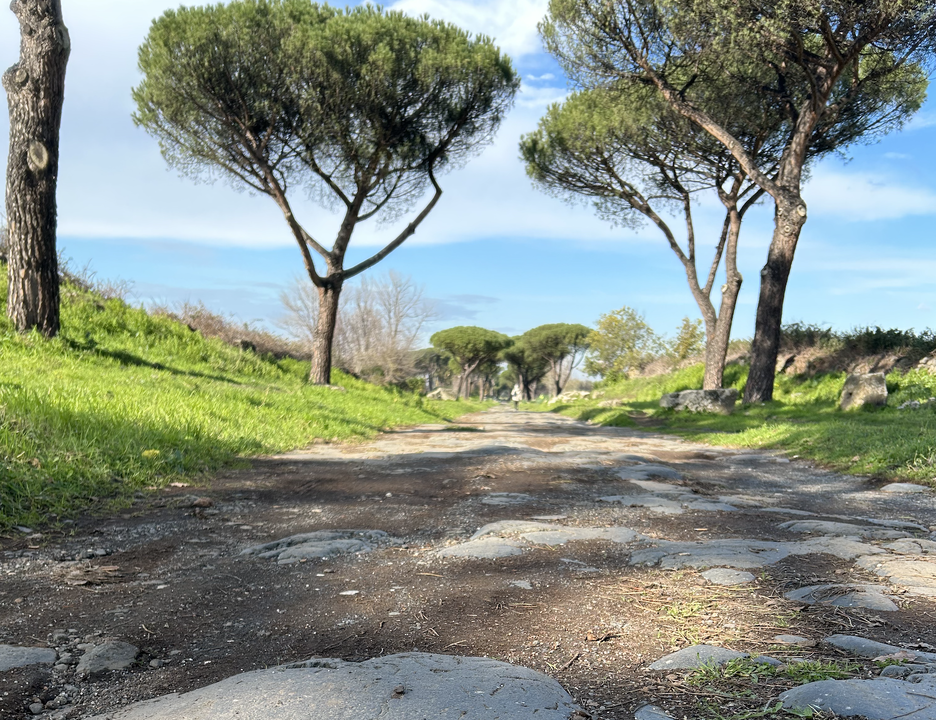This story starts on the 5th of March 2020 (about 2 weeks before the first lockdown). This is, I believe, the first time I was officially invited to speak my mind about gender equality. The event hosted by EPFL Alumni was organized to celebrate the International Women’s Day through a series of presentations and a panel of women working in the space field.
I remember preparing this talk was hard for me because I didn’t really know what to say. I had never really experienced anything on this topic that made me feel legit to give a speech on it. So, this is the first time I reflected and talked about my path – with the main message being that the journey is worth more than the destination (even if you are never able to reach it).

In the context of this event, a journal had asked me to testify on the potential complications/barriers I had to face because of my gender, and what could be the solutions to increase the proportions of women/girls in technological fields. I answered proposing a positive point of view, claiming that the proportions of female students at EPFL increased each year. I, as well, argued that I was able to make some of my ideas come true thanks to “positive discrimination”. I indeed started the next year a YouTube channel in partnership with EPFL, where I believe my gender was seen as a huge plus to inspire a younger generation. In that sense, it did open more doors to me. And, of course, because I was and am skilled at what I do.
Going back in time, when I grew up, I never really felt as an activist for women’s rights. I was not raised with a particular emphasis on the matter, so I rather saw gender equality as a state of mind, meaning I was the only person being able to set barriers to myself, or at least conscient ones… I indeed did not question my ambitions to become a dancer or a singer rather than an engineer at the time. But I also never doubted if I would be capable of becoming a physicist when it appeared to be the right path for me.

This explains why my support of gender equality activities was “indirect”, featured through my actions (founding associations, leading teams or proposing to my husband), rather than an explicit engagement on these issues.
Today, I feel like my point of view has evolved drastically while entering the working world and the “married world”, making me more sensitive to the societal barriers that still legally exist and those that we create.
As of now, three major realizations, that I believe are worth sharing, come to mind.
The first is that it’s incredible to see how one’s opinion is strictly defined by its own experience.
Only when I started living or becoming aware of these inequalities did I become more involved in the cause, yet a cause which concerns me since the day I was born. It makes me think back to a quote heard at a Swiss women’s award:
“Privilege is invisible to those who behold it.”
These words still resonate in me and are applicable to so many things in life, notably this instance.
My second realization was to see the censorship that remains in our society when talking about gender equality.
Indeed, when gaining awareness of these challenges, I started listening to talks, podcasts of inspiring women testifying on these matters. What I noticed was that when talking in a panel about these challenges for instance, women don’t talk about the specifics. If I take my personal example, I can say that some of the things I have been told are not okay: like “you should act as a barbie”, or “your confidence makes you look arrogant.” These types of specific examples are self-censored, so we don’t encounter troubles after our truthful testimonies at our jobs or at home.
Because organizations say they want you to raise your voice to talk about these matters, but only if you play by their rules. The reality of someone who speaks up internally to trigger change is very different. These things are generally put under the rug and that’s it.
I speak from experience.
The truth is we lack transparency on these matters. People are afraid to speak-up because there is no support system to encourage these actions. The blame eventually falls back on the victim. I would even say the system rather encourages censorship. Why? Because these “bad experiences” give your organization a bad image.
However, from my point of view, what gives a “bad image” to an organization is actually this “burry your head in the sand” attitude.
If you are leading an organization, let’s say of 100+ employees and you have no internal stories of inappropriate statements, behavior, this is not because it just doesn’t happen there.
It’s because no one speaks-up about it!
I believe a “good image” for an organization would be to recognize these inappropriate actions and report/act on them. I would love to see reports justifying that this is a good place to work for women (or minorities) – not because you have no incident, but because the incidents that exist, are reported and acted upon appropriately.
It all comes down to transparency and willingness to accept that we are not perfect, willingness to improve ourselves.
My last thought will be the important nuance between diversity and inclusiveness.
Every organization wants to be diverse (and of course advertises it).
Yes, diversity in numbers is a good start but it’s not even half of what needs to be achieved. I believe inclusiveness is the key word here. Diversity is in facts while inclusiveness is in actions.
To become inclusive, the first step is to acknowledge our own biases, at the human-level. Most of the remarks or actions that I witness and would qualify as “not inclusive” are inconscient, simply encoded in our behavior through education, societal heritage, etc…
Like when my husband is automatically given the wine menu at the restaurant or the contract for a new car is drafted at his name and not mine (when I’m the one paying). Even most of the Latin languages’ grammar shapes our minds in this way.
Let’s accept it: we are all biased and this is okay, this is normal. But it doesn’t mean we shouldn’t work on getting rid of it.
How? Easy trick: be open to feedback. No one is perfect, we all make mistakes and it’s fine as long as we recognize them. And for that, listen to the people around you, no matter their rank, their age, their origin or gender…
I spend my days pitching ideas to white middle-aged men. There is no doubt that I am the victim of gender bias with a bit of generation bias on the top. It seems that we have this belief that the young generation can only learn from the oldest ones. While the way to innovate is actually to unlearn what we know so far. “Respect your elders”, I often hear.
How about respecting everyone?
To conclude this short piece, I’d like to say that the statements, behaviors that I describe above, all of this has an impact on people: I sometimes find myself doubting my abilities, experiencing impostor’s syndrome or even wanting to drop everything.
Despite all of this, the only sure change you can perform is on yourself. Build your confidence and know your worth. Things I am not mastering (at all) yet, but still working on and it’s an everyday-battle…
So don’t be afraid to be a someone that doesn’t remain at their place.
Because people who remain at their places rarely make things change for the best.



